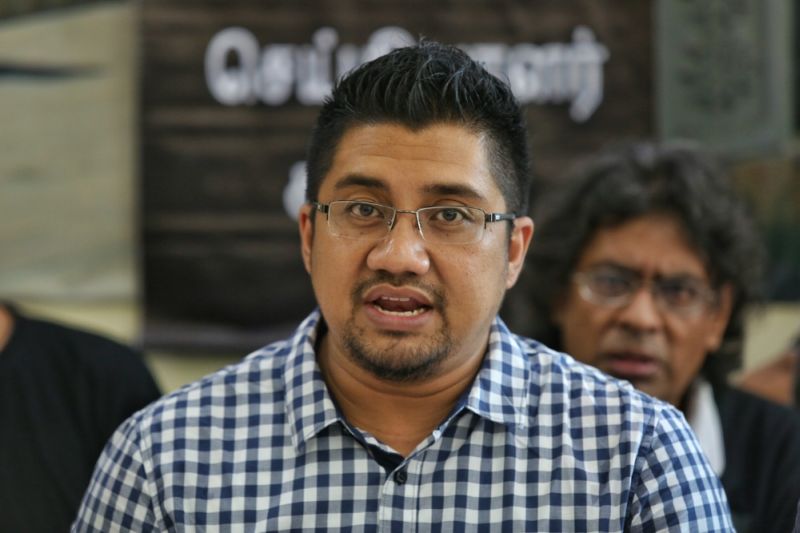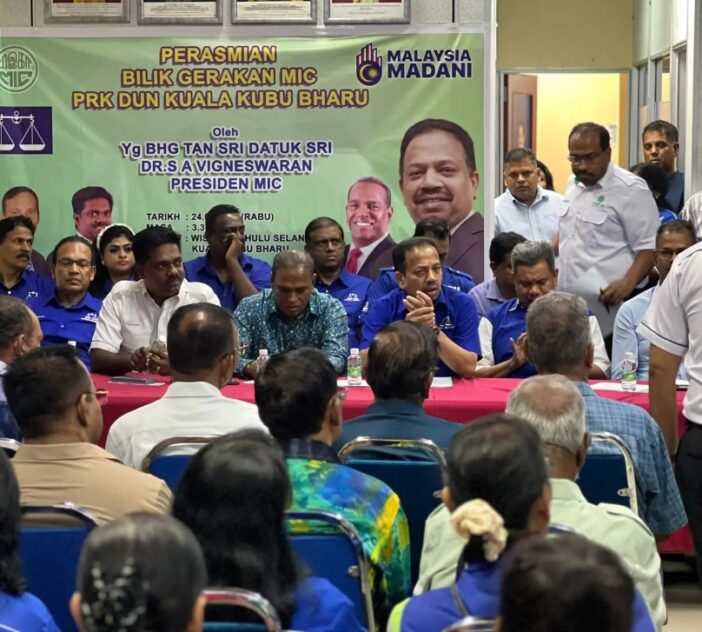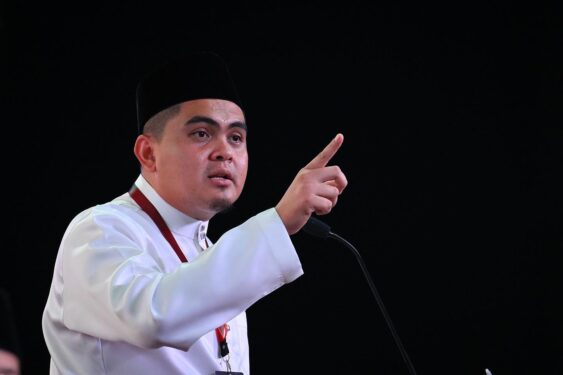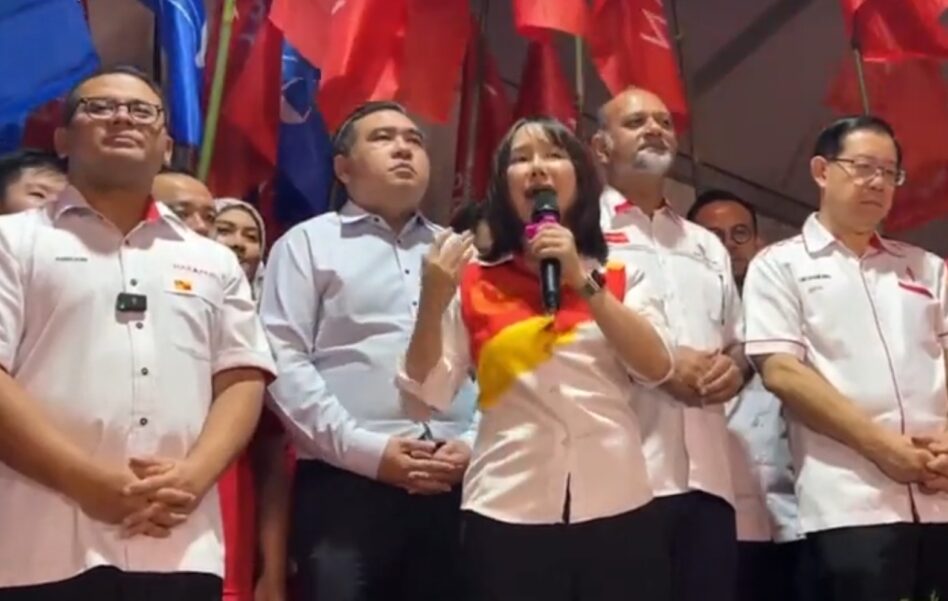THE Health Ministry should redefine its description of close contact and expand COVID-19 testing across Malaysia.
“Our current description for close contact is very niche. So, it’s important for the Health Ministry to redefine its existing definition of close contact,” Selangor lawmaker Rajiv Rishyakaran told FocusM.
For months, Rajiv has been urging the Health Ministry to rope in private healthcare clinics to help in conducting COVID-19 tests as the Government facilities are currently overwhelmed.
Subsequently, the ministry roped in private clinics for testing due to the rising number of infections, especially among migrant workers.
The Bukit Gasing state assemblyman himself have been organising COVID-19 tests using the RTK-Antigen Test kit purchased from the same supplier as the Health Ministry but at a discounted rate of RM70.
On revising the description of close contact, Rajiv urged the Government to follow the standards issued by the US Centers for Disease Control and Prevention (CDC).
CDC defines close contacts as “someone who was within six feet of an infected person for a cumulative total of 15 minutes or more over a 24-hour period, starting from two days before illness onset (or for asymptomatic patients, two days prior to test specimen collection) until the time the patient is isolated.”
Currently, the Health Ministry defines close contact as the following:
- Healthcare associated exposure, including providing direct care for 2019-nCoV patients, working with healthcare workers infected with 2019-nCoV, visiting patients or staying in the same close environment of a 2019-nCoV patient.
- Working together in close proximity or sharing the same classroom environment with a with 2019-nCoV patient
- Traveling together with 2019-nCoV patient in any kind of conveyance
- Living in the same household as a 2019-nCoV patient
“There is a big difference between the two definitions above, with the CDC covering a wider range of potentially exposed people,” Rajiv pointed out.
“The Health Ministry needs to emulate and redefine its criteria for close contact for better screening purposes.”
Citing a case study, the lawmaker said the 1 Utama Shopping Centre cluster started with just one of its security guard who is a migrant worker on Oct 10.
However, that one case created a whole new cluster of COVID-19 infections by Dec 2 with 283 cases detected to be originating from 1 Utama.
“The cases originating from this cluster even spread to Malacca with locals mostly getting infected. So, the Health Ministry is missing the big picture by conducting mass testing on migrant workers alone.
“We need to make testing more widespread by making it affordable and redefining the definition of close contact,” Rajiv stressed.
He added the Health Ministry must act fast as the Government had relaxed movement control and allowed inter-state travel.
“When not enough people are being tested, those who are unaware they are infected will continue to spread the virus wherever they go,” added Rajiv. – Dec 14, 2020










